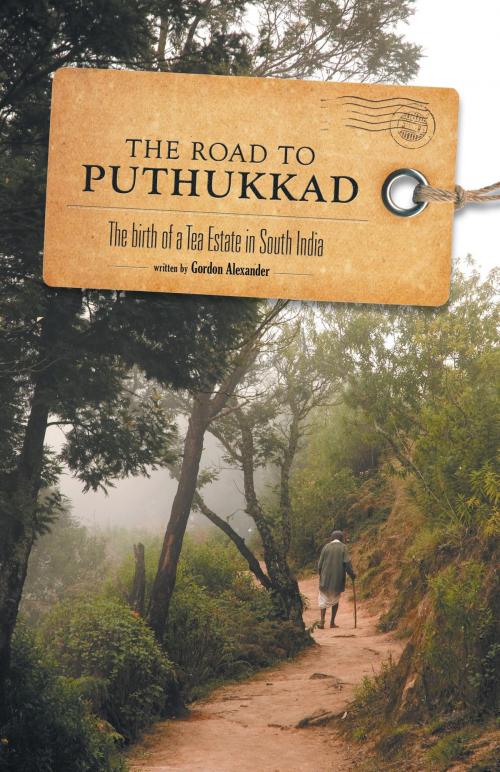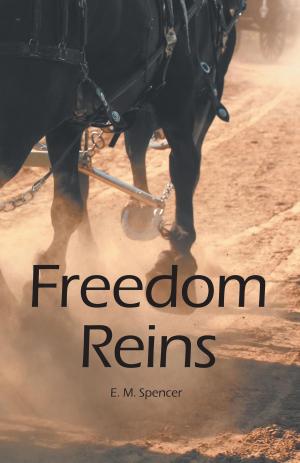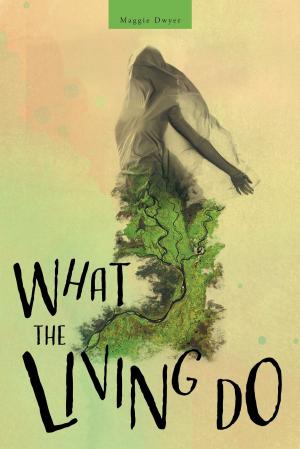The Road to Puthukkad
The birth of a Tea Estate in South India
Fiction & Literature, Action Suspense, Historical| Author: | Gordon Alexander | ISBN: | 9781460231074 |
| Publisher: | FriesenPress | Publication: | December 20, 2013 |
| Imprint: | Language: | English |
| Author: | Gordon Alexander |
| ISBN: | 9781460231074 |
| Publisher: | FriesenPress |
| Publication: | December 20, 2013 |
| Imprint: | |
| Language: | English |
The Road to Puthukkad is a story of adventure, human endeavour, romance and murder. In late 19th century Southern India, the heavy jungle of the Western Ghats mountain range is buffeted by two monsoons. It was home to wild elephants, panthers, poisonous snakes and a small number of aboriginals. It is here that Colin Moore, second son of English gentry with no prospects in his homeland, decides his future lies in growing tea. There was an increasing demand for tea in Europe and it was now known to grow well in South India. With his labour supplier, Nakkan Maistry, and his cook and translator, Thomas, he treks into the mountains to build the estate he will call Puthukkad [Tamil for New Fields]. Together they face innumerable challenges as they battle the elements, elephants, malaria and racial conflicts. — "This is a terrific, richly rendered exploration of both time and place. Readers are treated to a wealth of fascinating details of life in the Western Ghats during the mid years of the British Raj, and are offered a window into the world of tea production. It is a compelling read.” —Warren Layberry, Editor
The Road to Puthukkad is a story of adventure, human endeavour, romance and murder. In late 19th century Southern India, the heavy jungle of the Western Ghats mountain range is buffeted by two monsoons. It was home to wild elephants, panthers, poisonous snakes and a small number of aboriginals. It is here that Colin Moore, second son of English gentry with no prospects in his homeland, decides his future lies in growing tea. There was an increasing demand for tea in Europe and it was now known to grow well in South India. With his labour supplier, Nakkan Maistry, and his cook and translator, Thomas, he treks into the mountains to build the estate he will call Puthukkad [Tamil for New Fields]. Together they face innumerable challenges as they battle the elements, elephants, malaria and racial conflicts. — "This is a terrific, richly rendered exploration of both time and place. Readers are treated to a wealth of fascinating details of life in the Western Ghats during the mid years of the British Raj, and are offered a window into the world of tea production. It is a compelling read.” —Warren Layberry, Editor















